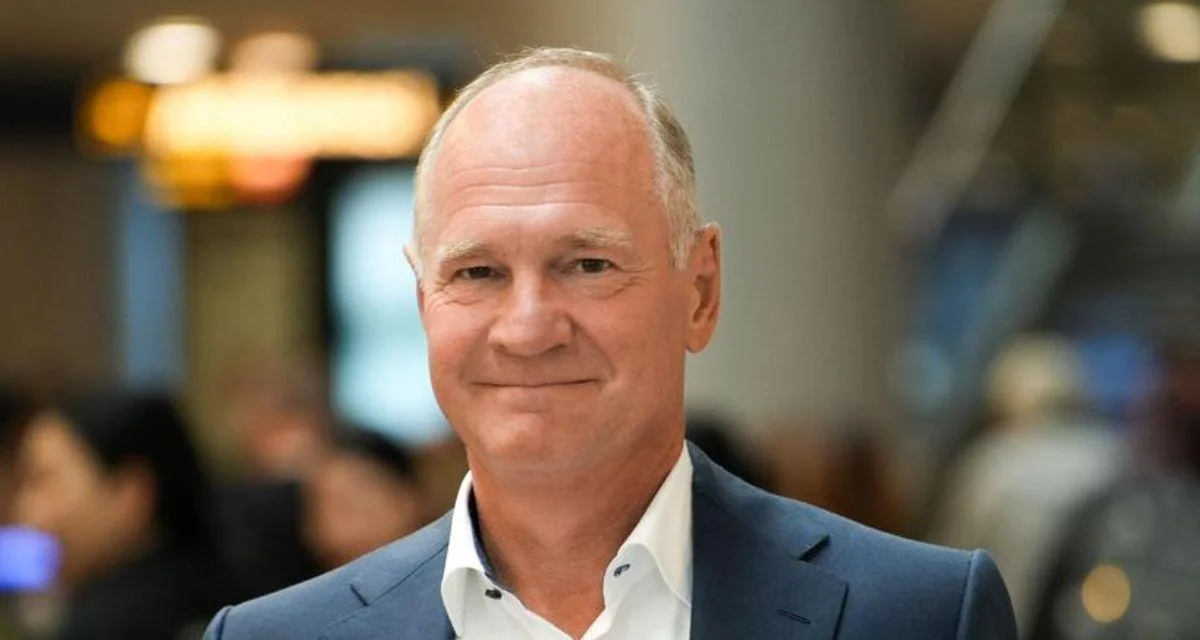The Confederation of British Industry and Institute of Directors have endorsed the plan. “The UK business community supports the expansion of Heathrow with a third runway – an investment in the nation's future. The benefits are clear: for exporters, it opens up vital access to major and emerging markets; for visitors, it enhances global and domestic connectivity; and for businesses, it unlocks billions in private investment, strengthening supply chains, creating jobs, and driving skills across the country.”
However, airlines operating at Heathrow have expressed concerns about increased costs associated with the expansion. Sean Doyle, chief executive of British Airways stated: “Heathrow is already the world’s busiest airport, yet we’re looking at costs doubling from where they are today. Why should that be the case? It’s not just what passengers pay on their ticket but also the cost of every operator going in and out of Heathrow, regardless of landing fees. We’re concerned about the competitiveness and the value of money that we’re able to give customers.”
Other carriers such as Aer Lingus, Iberia, Vueling—and notably British Airways—have voiced opposition due to projected fee increases per traveler. Luis Gallego, chief executive of Iberia Group said: “The investment is going to be huge, and with the current regulatory model, it is going to be very expensive for customers. If we build a new runway and don’t change the model, passengers are going to pay double. We risk a new runway that is going to be empty.” At present, Civil Aviation Authority fees stand at £35 per flyer but could rise sharply—to around £135—to fund these developments.
Alternative proposals have been suggested in response to these cost concerns. As far back as 2003 British Airways supported building a shorter runway rather than a full-length one—a move seen as less costly and disruptive while still increasing capacity. Rod Eddington said: "We urge the government to build a new short runway at Heathrow as a first priority if Britain is to maximise the benefits that aviation brings to our economy. Ignoring Heathrow or trying to split its operations between two airports in the South East will dilute its economic benefits and undermine employment centres. It will also reduce the number of international routes served from London and deny access from the British regions to the country's aviation hub.”
In 2025 both hotel group Arora and Iberia support this smaller-scale alternative which aims for minimal disruption during construction.
The Arora Group has presented its own “Heathrow West” plan which avoids diverting the M25 motorway altogether while focusing on public transport integration and reducing financial burden on airlines. Surinder Arora commented: “I am very proud that the Arora Group can finally unveil to the UK Government our Heathrow West proposal... I am so proud to stand alongside Bechtel... The Heathrow West proposal delivers squarely … with a fully operational runway by 2035.”
This plan proposes building a 2,800-meter runway accommodating almost all take-offs and landings while reserving longer runways for larger aircraft needs. A new Terminal 6 west of Terminal 5 would serve as a single hub designed for efficiency.
The International Air Transport Association (IATA) issued cautious support for LHR’s growth ambitions but warned against excessive spending: “The billions of pounds that have already been invested in Heathrow have under-performed, disappointing both passengers and airlines. So it is doubly important for the billions that will be invested in any expansion to be much better spent. That means focusing on efficiency in all aspects—cost, operations, and customer experience.”
Heathrow currently serves about 83 million passengers annually according to reporting by The Guardian.
 Alerts Sign-up
Alerts Sign-up



































